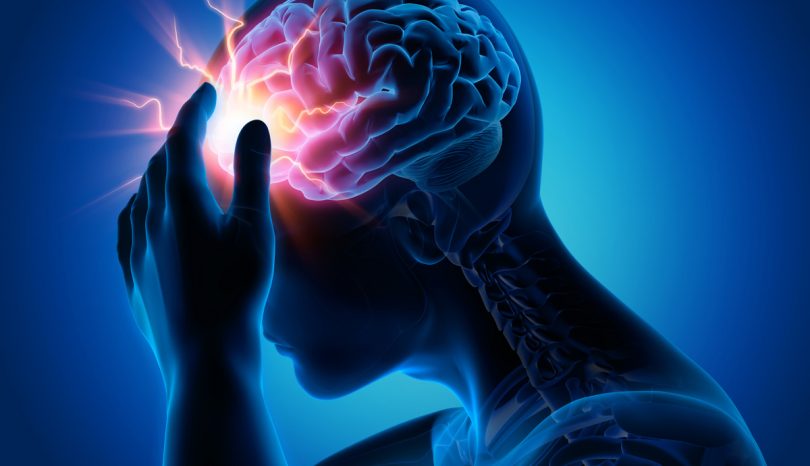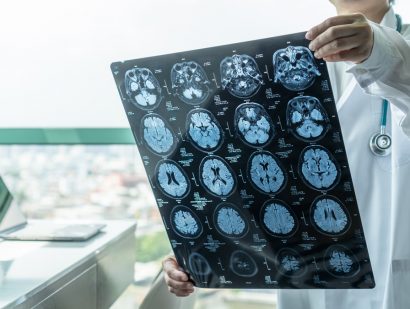- Find A Medical Provider
- Auto Injuries
- Common Injuries
- Medical/Pharmaceutical
- Types of Medical Injuries
- Malpractice Injuries
- Drug and Medical Device Injuries
- Drugs and Devices Linked to Cancer
- Opioid Addiction
- Drugs and Devices Known to Cause Injury
- 3M Combat Arms Earplugs – Hearing Loss
- Accutane
- Aciphex
- Actonel
- Actos
- Adderall and Ritalin
- Advair
- Aldara (Imiquimod)
- Alli
- Ambien
- Amiodarone
- Anzemet
- Aptivus
- Aranesp
- Arava
- Atorvastatin
- Avandia
- Benicar
- Birth Control Medication
- Blood Thinners
- Essure
- Fosamax (Alendronate Sodium)
- Gadolinium-Based MRI Contrast Agents
- Granuflo
- Hernia or Surgical Mesh Injuries
- Hydroxycut
- Inferior Vena Cava Filters
- Invokana Toe and Foot Amputations
- Ketek
- Levaquin
- Lipitor
- Mirapex
- Neurontin
- Onglyza
- Over-the-Counter Medications
- OxyContin
- Paxil
- Power Morcellators
- Pradaxa
- Propecia
- Reglan
- Talc Powder
- Trasylol
- Valsartan
- Viagra
- Xolair
- Zelnorm
- Zoloft
- Work Injuries
- Sports Injuries
- Marketing Services
- Blog
List your practice on InjuredCare | Log in / Sign up
Concussion

Concussions occur when the brain bounces or twists inside the skull. These movements can strain and injure the brain, which can lead to temporary or permanent brain damage. Frequently, this sudden jerking movement is caused by the rapid, whipping head motion that results from a car accident.
Even minor fender benders can create a concussion. Car accidents are already extremely jarring and confusing. Adding concussion symptoms on top of an auto accident makes it extremely difficult to manage yourself. It's important to be cautious following a car accident. Go to the ER immediately or soon after visit your PCP, chiropractor or neurologist to examine the full extent of your injuries.
Causes of a Concussion
Concussions occur when your head has been jostled or whipped back and forth. They can also be caused by a hit. A car crash is the perfect storm to create whiplash that can cause a concussion. Other factors that can cause a concussion in a car crash include:
- Impact with the dash or air bag.
- Debris from within or outside the car hitting your head.
- Other passengers accidentally hitting each other.
Signs that your Accident Caused a Concussion
Not only are concussion symptoms similar to the normal trauma you would experience from a car accident in terms of dizziness, confusion, headaches, fatigue and general irritation, but concussion symptoms can also be delayed. If you've experienced even a minor car crash, in addition to receiving immediate medical attention, you should also watch for these symptoms of a concussion for days after the incident:
- Nausea.
- Confusion.
- Memory problems.
- Fatigue.
- Sleep issues.
- Headache.
- Blurry vision.
- Sensitivity to light or noise.
- Vomiting.
- Mood swings.
- Emotional changes.
- Anxiety and nervousness.
- Long term health effects can include brain damage and death.
What to do After a Concussion
Concussions are tricky injuries, especially in the case of a concussion caused by a car accident. You'll likely wonder whether your symptoms are a result of the accident, rather than a concussion, or you may not experience any severe symptoms that you feel are worth looking into. The important thing to take into account if you experienced whiplash or trauma to the head, is that brain damage of any kind is severe and can lead to permanent side effects and even death. This is not to be alarming, but rather to encourage accident victims to be cautious immediately after and for days following an accident. Take these steps to avoid serious long-term effects from a concussion:
- Seek immediate medical attention — When it comes to a brain injury or potential brain injury, you can never be too safe. Receiving a thorough examination and diagnostic scans will detect any trace of brain trauma. This will help start your recovery from an auto accident.
- Take it easy — Don't immediately assume that you can resume normal activities, especially physical activities that may further upset your potential brain trauma. Rest is critical to allow your body to recover from all injuries sustained in the accident. Resting and avoiding too much socializing and screen time will reduce agitation as you will be more sensitive to light and more irritable after a concussion.
- Follow up with your doctors — Regularly check with a medical provider to monitor your symptoms. The two medical specialists that treat concussions are neurologists and physiatrists. The effects of a concussion can be delayed and long lasting. You may need therapy to help repair physical or cognitive functions.
- Rehabilitate if needed — Patients with severe concussions can experience long-term cognitive and behavioral alterations. If this is the case, it doesn't have to be permanent. Working with a cognitive behavioral therapist will help maintain your usual brain function to reduce the impact that the concussion has on your personal and professional lives.
Recovery After a Concussion
You will likely not feel like yourself following a concussion. This can be very frustrating for patients to accept. Being the victim of an unfortunate accident is already hard to enough to handle. Having to face a potentially lengthy recovery process can urge concussion patients to rush themselves back to normal activities.
The best thing you can do is trust your local medical providers and keep your eyes on the big picture. Making a full recovery is more important than constantly keeping up with emails or social media. Screens and other flashing lights aggravate your symptoms and potentially lead to headaches.
Your brain will be too vulnerable to risk further injury. Take the time to rest and relax after a concussion to allow your brain to return to its normal state. Take medications to manage your symptoms as needed to make the recovery process easier.









